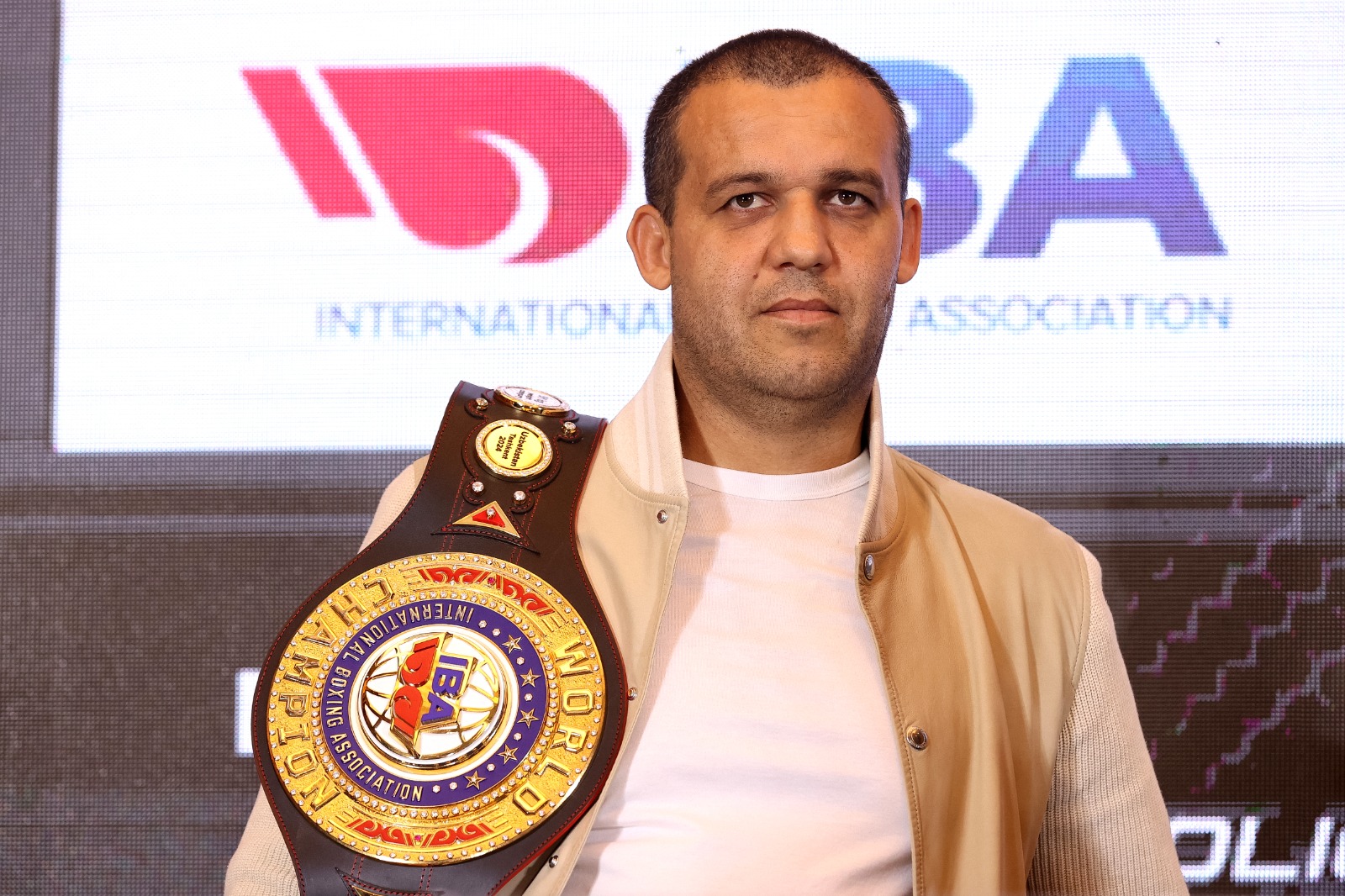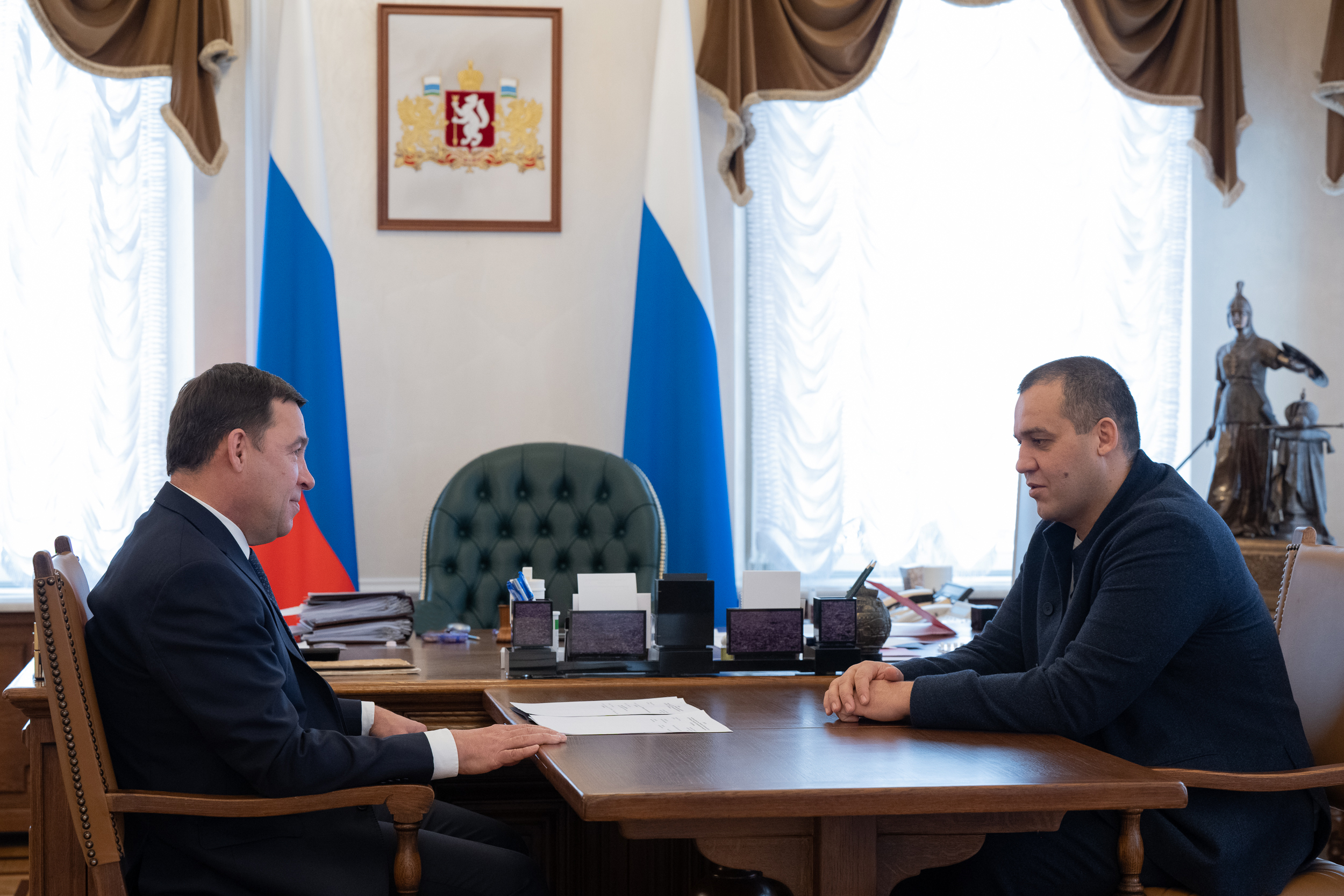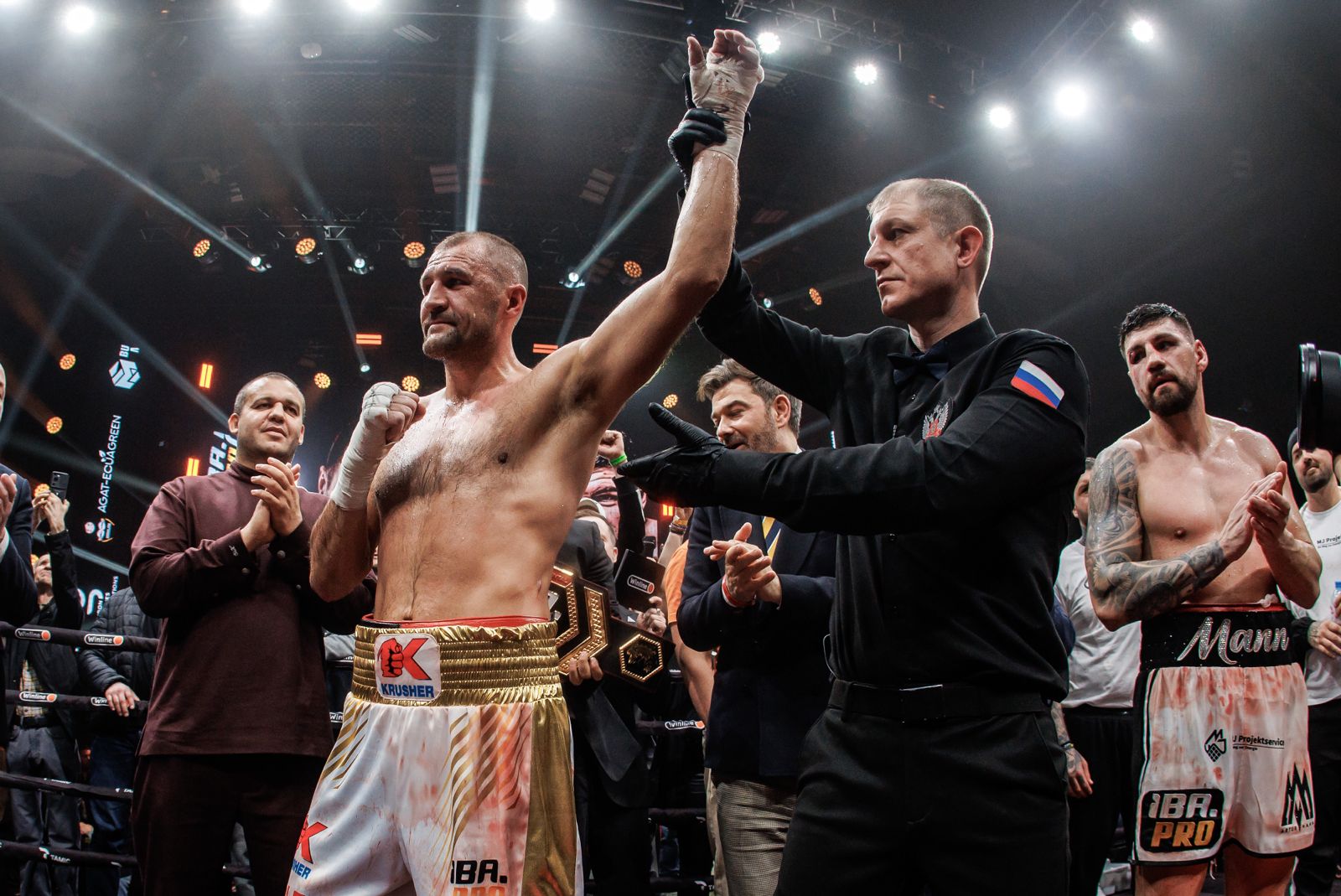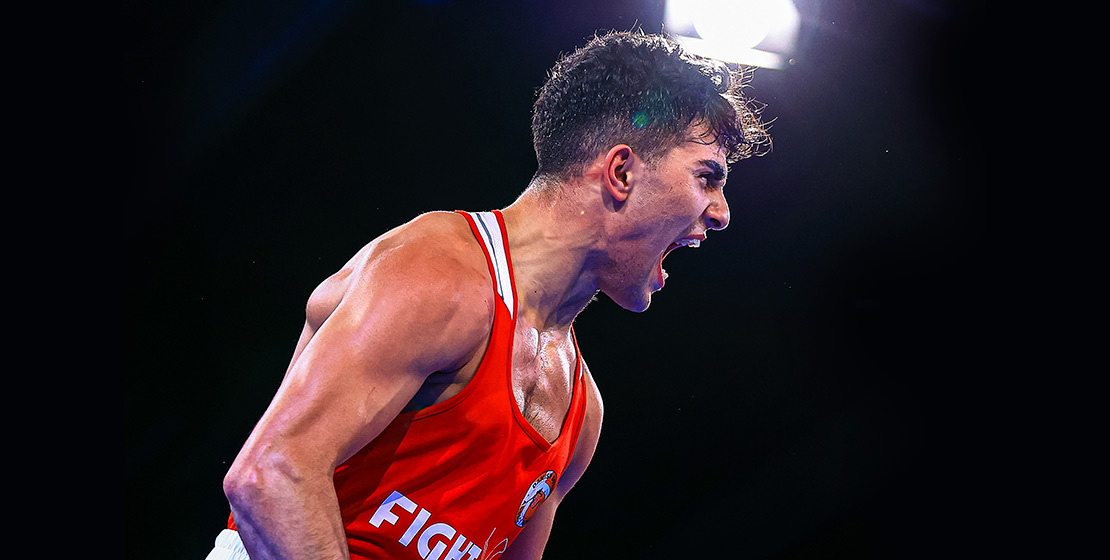Historic AIBA Extraordinary Congress approves registration of non-AIBA professional boxers for all competitions
June 1st, 2016 / IBA
The International Boxing Association (AIBA) convened an Extraordinary Congress in Lausanne on June 1st in a bid to remove Article 13 (J) of the AIBA Statutes. The new article will open the doors to boxers from all organisations to participate in AIBA competitions. This amendment was ratified by an overwhelming majority of 95% of the delegates attended the Extraordinary Congress.
“This is a momentous occasion for AIBA, for Olympic Boxing, and for our sport as a whole, and represents another great leap forward in the evolution of boxing. We have embraced reform at AIBA over the past decade, making historic changes that have shaped the present health of boxing and precipitated its ongoing surge in popularity worldwide. This move will ensure the empowerment of National Federations and enhance all future competitions including the Olympic Games. Our mission is to continue to make brave decisions in the best interest of our boxers and for the good for the sport,” declared AIBA President Dr Ching-Kuo Wu after the vote.
The amendment of Article 13 (J) will immediately allow all National Federations to register all non AIBA professional boxers for the APB/WSB Olympic Qualification Tournament in Vargas, Venezuela on July 3-8 according to the criteria for registration of pro boxers. The competition will offer 26 quota places available for Rio 2016.
AIBA’s decision supports the IOC Agenda 2020 which seeks to ensure that the world’s best athletes are eligible to compete at the Olympic Games. Boxing was one of the few sports not to have been open to all professional athletes, and the changes reflect the levelling of the playing field and the culmination of reforms and new competitions that AIBA has been responsible for, particularly the inauguration of AIBA Pro Boxing and World Series of Boxing competitions.
The change comes as AIBA, the only official boxing body recognised by the International Olympic Committee with 197 National Federations affiliated, marks its 70th year at the forefront of the sport. Its policies are aimed at nourishing boxing and providing a solid career path for determined athletes all over the world, from providing essential grassroots training facilities through to its elite-level global competitions. A significant element of that care for boxers also covers their health, as evidenced by the current HeadsUp initiative and the AIBA Medical Commission’s research that informed the decision to remove headguards in men’s competitions in 2013.
*The new Article 13 J of the AIBA statutes
National Federations and provisional members have the following obligations:
“To govern, organize, promote and represent the sport of boxing in accordance with the AIBA Statutes, AIBA Bylaws, AIBA Technical Rules, AIBA 3 Program Competition Rule, AIBA Code of Ethics, AIBA Disciplinary Code, AIBA Procedural Rules and the AIBA Anti-Doping Rules within its territory by establishing appropriate rules and regulations concerning the practice of the sport and the eligibility of boxers to participate in national competitions and AIBA Competitions.”






